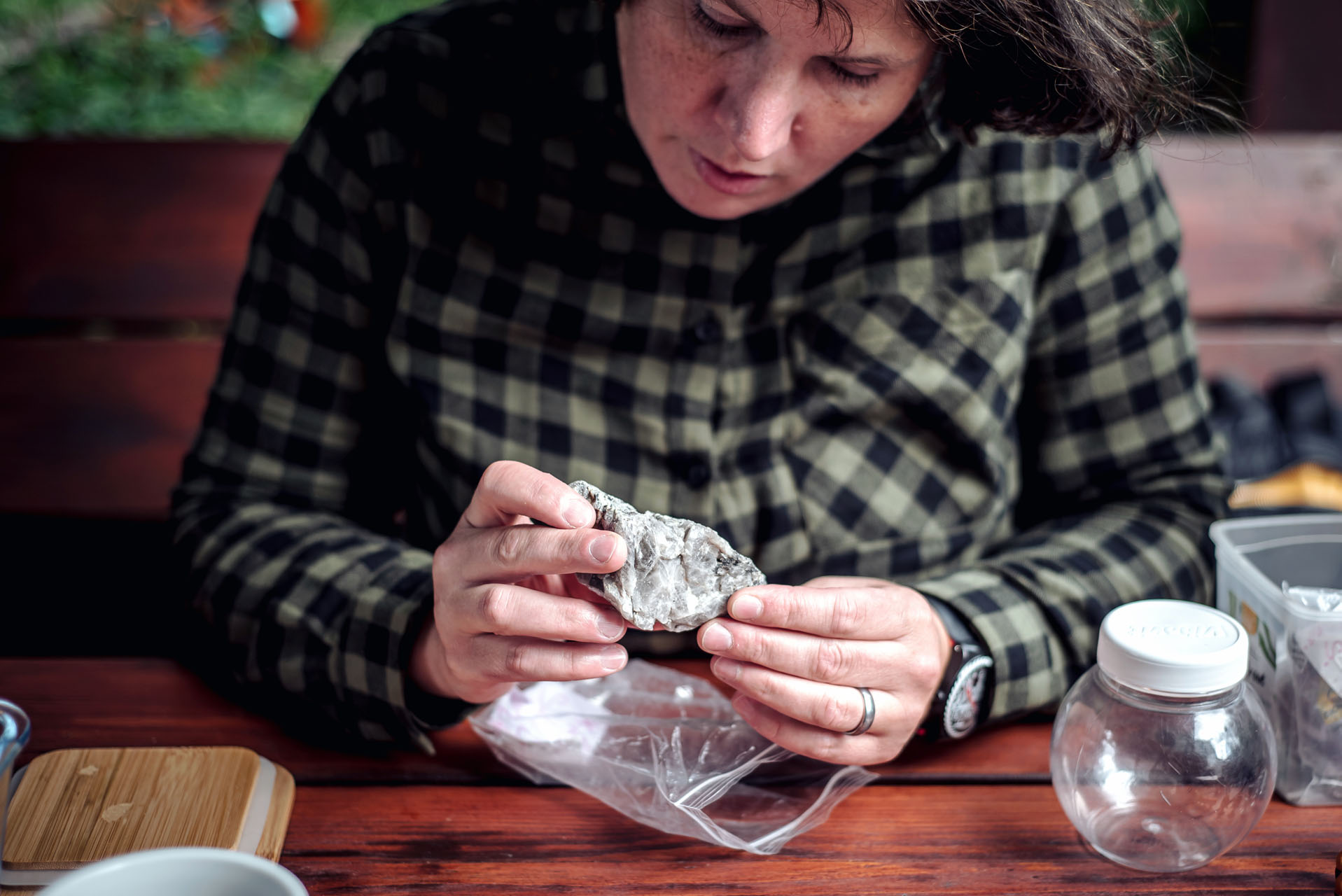A cross-border investigation into Europe’s race for lithium — from the Czech-German border to Serbia — reveals the gap between green ambitions, public money and the erosion of trust in European values.
This investigation examines Europe’s lithium mining ambitions through two major deposits: Cínovec on the Czech-German border and Jadar in Serbia. These are the continent’s largest known lithium reserves and key to Europe’s strategic independence from China. Lithium is essential for batteries powering the green transition, making it a critical element for Europe’s economic future.
Yet the investigation found a sharp divide between political promises and economic reality, exposing the true costs: billions in public subsidies, escalating environmental conflicts, and in Serbia, a deep loss of trust in European values.
While political attention rose and fell with lithium prices — loud during the 2022 boom, silent after the crash — the reporting dug deeper into the economic truths behind the dreams.
Lithium carbonate prices collapsed from $80,000 per tonne in 2022 to around $10,000 by 2025. Projects promoted as revenue generators that would fill public coffers now depend on massive state support just to start or survive. As prices fell, planned mining volumes nearly tripled — a counterintuitive move that deepens local resistance and multiplies environmental risks.
The Serbian case exposed the deepest contradictions. Despite mass protests involving tens of thousands, police violence against activists and a petition of over 100,000 signatures, the EU still listed Jadar as a “strategic project” under the Critical Raw Materials Act. For much of Serbian civil society, this confirmed that resource access now outweighs democratic principles, damaging EU credibility across the Balkans.
Across the continent, similar patterns emerged.
None of the ten EU “strategic” lithium mining projects is operational. Economic uncertainties, community opposition and repeated delays affect projects in France, Portugal, Spain and Austria. Activist networks in Czechia, Germany, and Serbia are beginning to cooperate, sharing strategies and data.
The narrative once focused on “billions in revenue and thousands of jobs” has shifted toward “strategic importance” and “supply security”, while feasibility studies are repeatedly postponed and transparency remains scarce.
The collaboration included field reporting in the Czech Republic, Germany and Serbia, carried out by Ekonews.cz and Serbian journalists, with photography documenting the lives of communities facing these projects.
